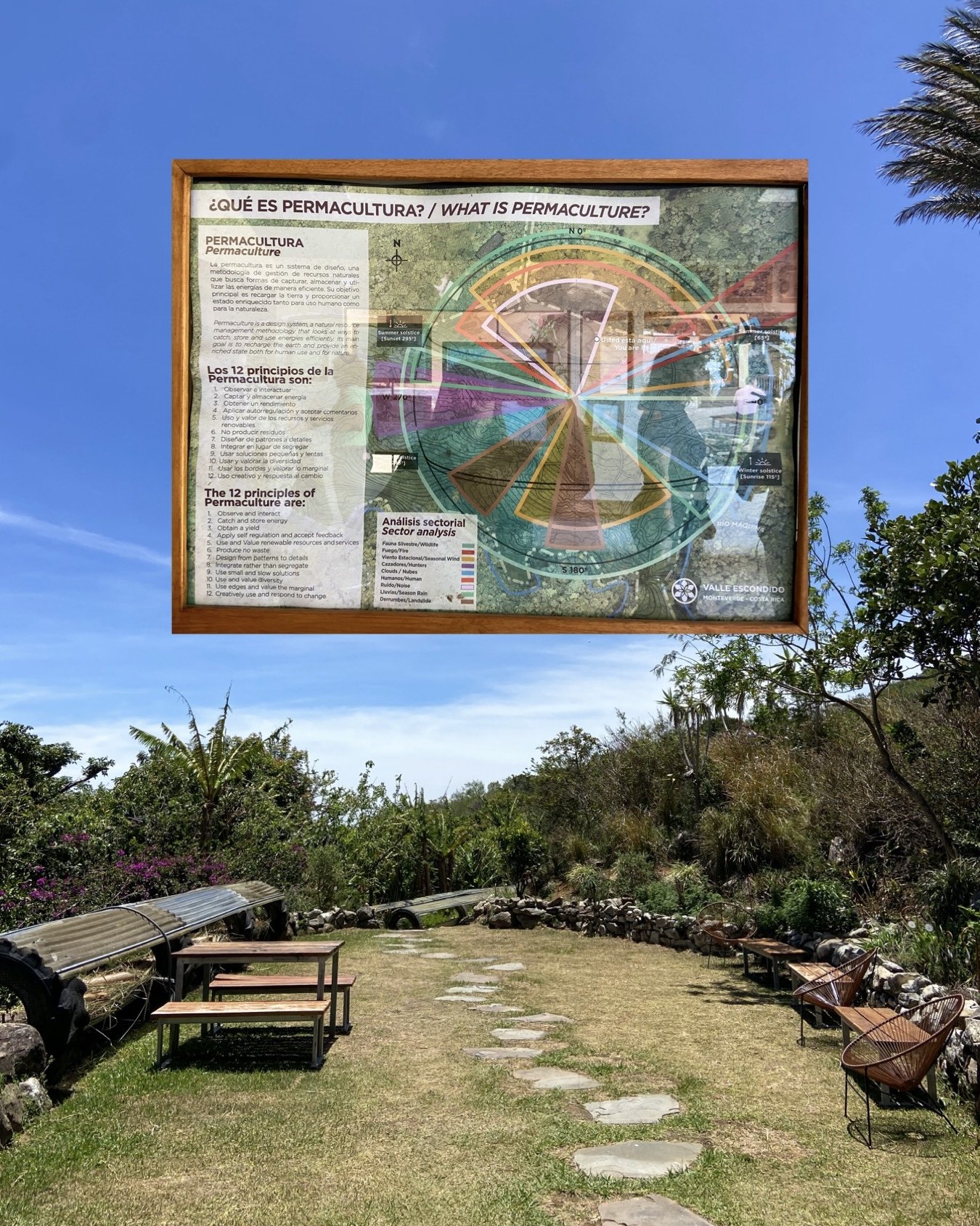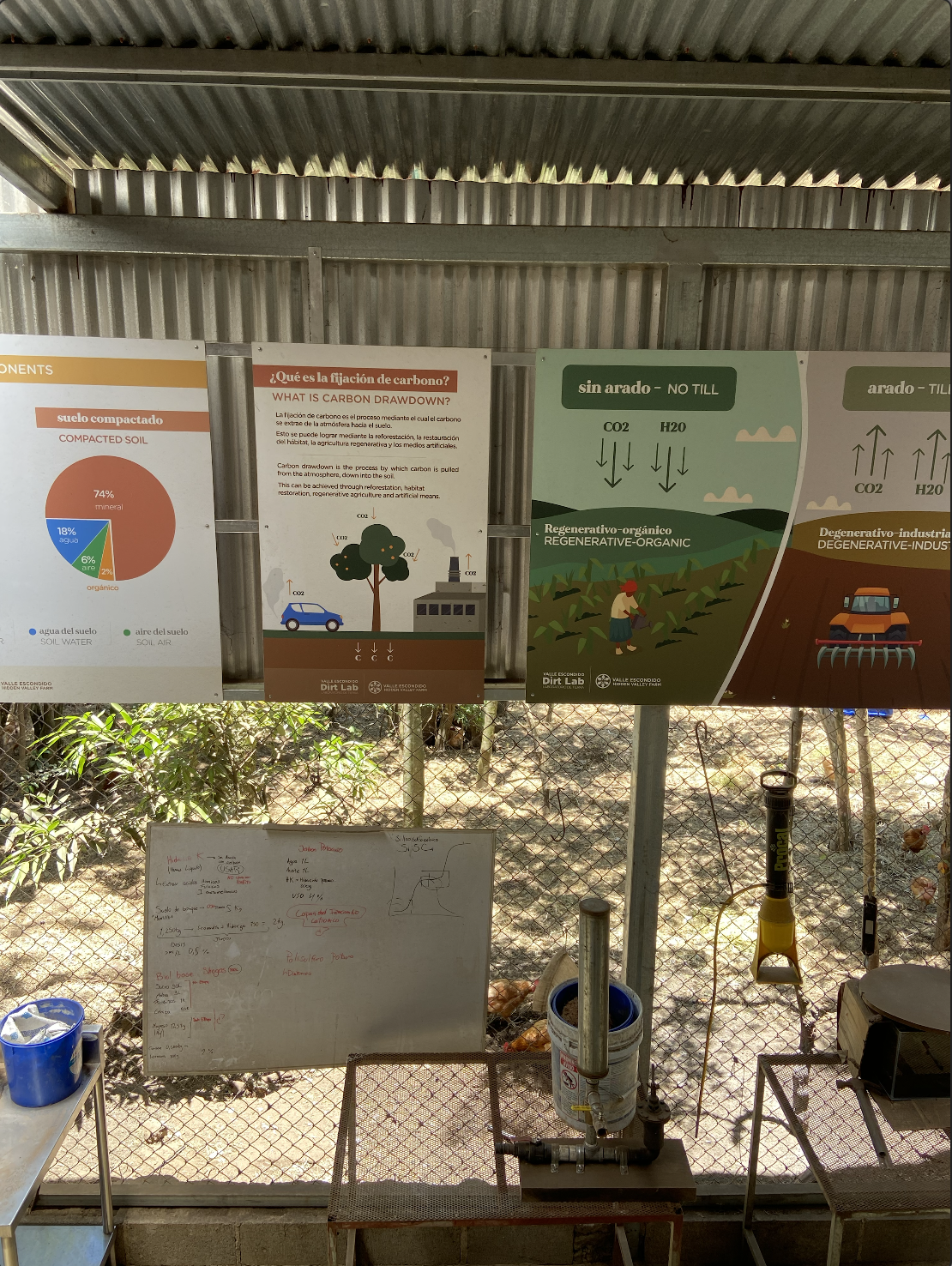Through studying abroad with the School for Field Studies, I researched Verdes, a community currency aimed to promote food security in Monteverde, Costa Rica.
location
Monteverde, Costa Rica
date(s)
April-May, 2023
organization(s)
The School for Field Studies, Cambiatus, Monteverde Institute
―
Verdes and the associated Mercadito Verde were launched in response to the detrimental effects of income instability and food insecurity caused by the COVID-19 pandemic. As part of my directed research project at SFS Costa Rica, I, alongside six other students, sought to evaluate the Verdes and Mercadito Verde in their abilities to promote local consumption and the principles of social solidarity economies post-COVID. Under the supervision of Professor Mary Little and collaborating with the Monteverde Institute, we created a Spanish survey tool, interviewed community members, and compiled data to assess knowledge and participation in the associated Mercadito Verde.
Principles of Social Solidarity Economies
Social Solidarity Economies (SSE) exist as an alternative to our dominant economic structure based on endless growth and the accumulation of wealth. SSEs represent a global movement that has been prominent in Latin America since the 1990s and continues to gain adoption across different parts of the world. These ideas emerged upon the realization that the current neoliberal model of development is incompatible with the wellbeing of society. As opposed to focusing on profit maximization, competition, and growth, the solidarity economy aims to serve human beings and satisfy the basic right to a good life. This form of social organization prioritizes cooperation, communication, and community over the concentration of wealth among a few.
SSEs center on five main principles that marry social and environmental responsibility:
1.
Autonomy in governance, including self-management
2.
Social solidarity among community members and interactions with the ecosystem
3.
Self-sufficiency within means
4.
Productive diversification and the exploration of other means of value exchange
5.
Sustainable regional resource management to regenerate ecosystems that have faced the abuse of colonial and capitalist exploitation
Community cryptocurrencies (CCC), such as Verdes, are an example of SSE that represent alternative monetary systems created and employed within a specific geographical region or community. These currencies aim to stimulate local economic growth, enhance social interactions, and support environmental sustainability by ensuring wealth remains within the community.
Our study aims to evaluate the post-COVID efforts of Verdes and Mercadito Verde in promoting local consumption and fostering a diversified economy in Monteverde, a tourism-dependent economy. Our study seeks to address the research question:

